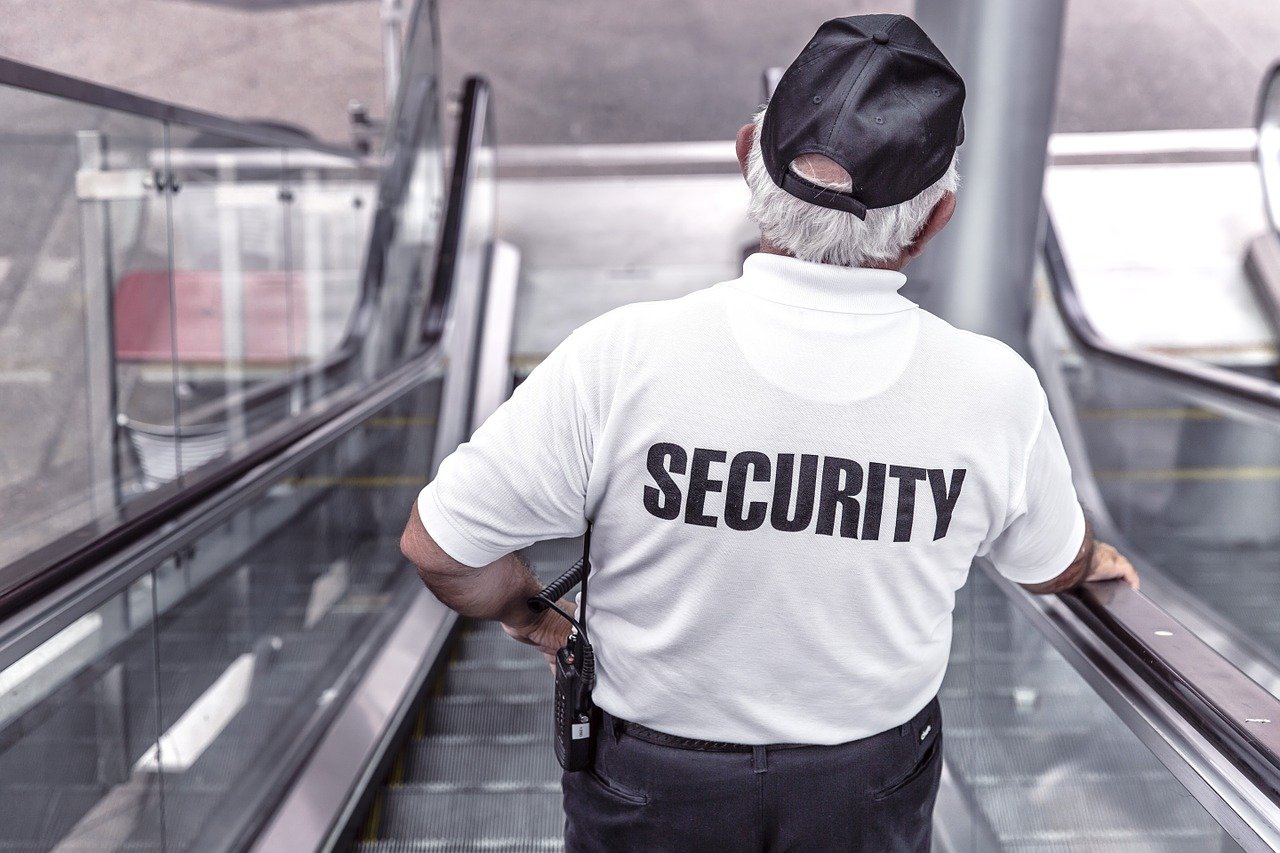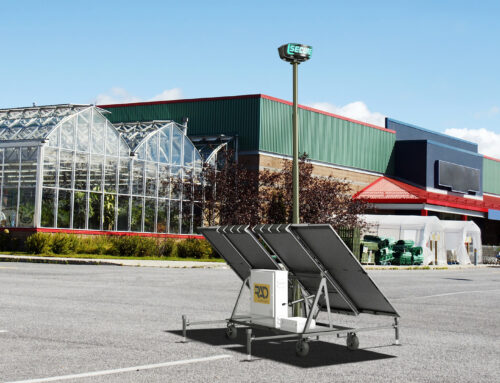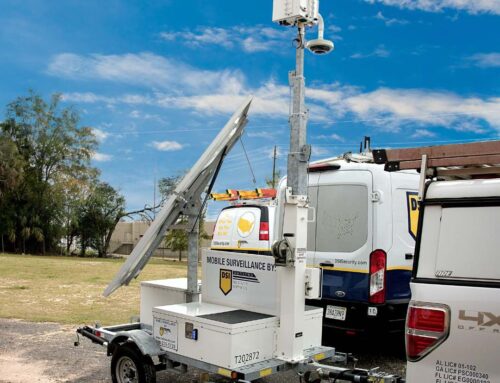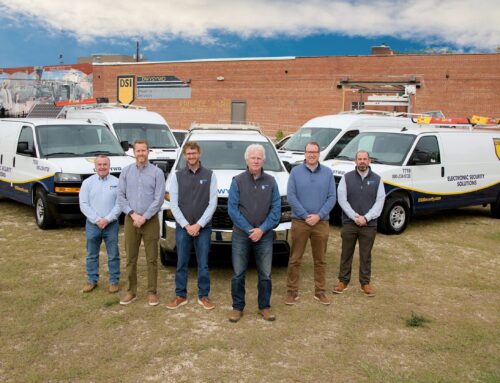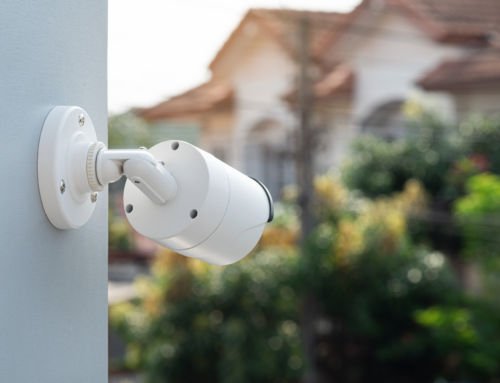Being proactive, visible and consistent help security guards with both threat deterrence and service delivery.
By Jamie Ridenhour
The purpose of a security services program centers on protecting places, property and people. The role and goal of a security officer are to mitigate any threats, issues or concerns that might hinder or harm those top priorities. To that end, the most important thing a security guard can do is be proactive, visible and consistent across all duties and protocols.
If a security officer is doing the job correctly, from access control to property patrol and beyond, they are being seen, steady and dependable, thus limiting the opportunity for someone of ill intent to act. Think about it — what is the formula for crime? It’s when desire, ability and opportunity come together. As security guards, police and even ordinary people know, one can’t stop a criminal’s desire nor ability, but it is possible to limit his opportunity. And by doing so, take away from those first two crime components.
Can a security officer or team stop every threat? No. Short of Fort Knox, there’s no way to prevent anything and everything 100 percent of the time. You can lower the probability, but there’s always a possibility. While police can be offensive deterrents, guards must be defensive. Being visible and consistent makes them a strong protective deterrent.
Good judgment, an even temperament, common sense and street smarts come in handy in most every job, but especially that of a security officer. It’s best to have a mature, professional person who will strive to achieve the best situation possible, from dealing with a misunderstanding or a bad attitude to injury, conflict or full-on crisis. If something bad does happen, a security officer must mitigate the degree of the damage and/or emergency situation.
Calm, cool and collected officers understand that for at least a moment or two they’re the primary person on site, the authority. They must provide assistance and do their best to make sure an active situation doesn’t further deteriorate. When in doubt, call the police out: it’s better to be safe than sorry. You’d rather apologize to law enforcement for calling them out versus dealing with someone with a broken orbital bone or worse.
The responsibilities of a security officer range from crime and crisis to the routine, such as checking fire extinguishers or perhaps making sure Phil hasn’t propped open a back door again so he can duck out for another smoke break. The routine becomes problematic when it leads to complacency. Maybe a security guard who’s worked an entrance for a long time becomes lax thinking that they don’t have to check in people they know. Or a gate guard who’s signed in 20 trucks and 30 visitors over the course of a long day gets complacent about the next arrival.
A security officer will have many responsibilities and perform many tasks, including protecting company information, equipment, IT infrastructure, facilities and all other assets, but it’s all about limiting the opportunity for a threat, to mitigate crime. Be a strong deterrent by being proactive, visible and consistent. Those things will also help a security officer avoid routine-induced complacency.
That’s the proper role of a security officer — and the most effective way to protect places, property and people. At DSI, it’s DWYSYWD: Do What You Say You Will Do. It’s more than just a motto; it’s our company culture and a security service-based lifestyle.


